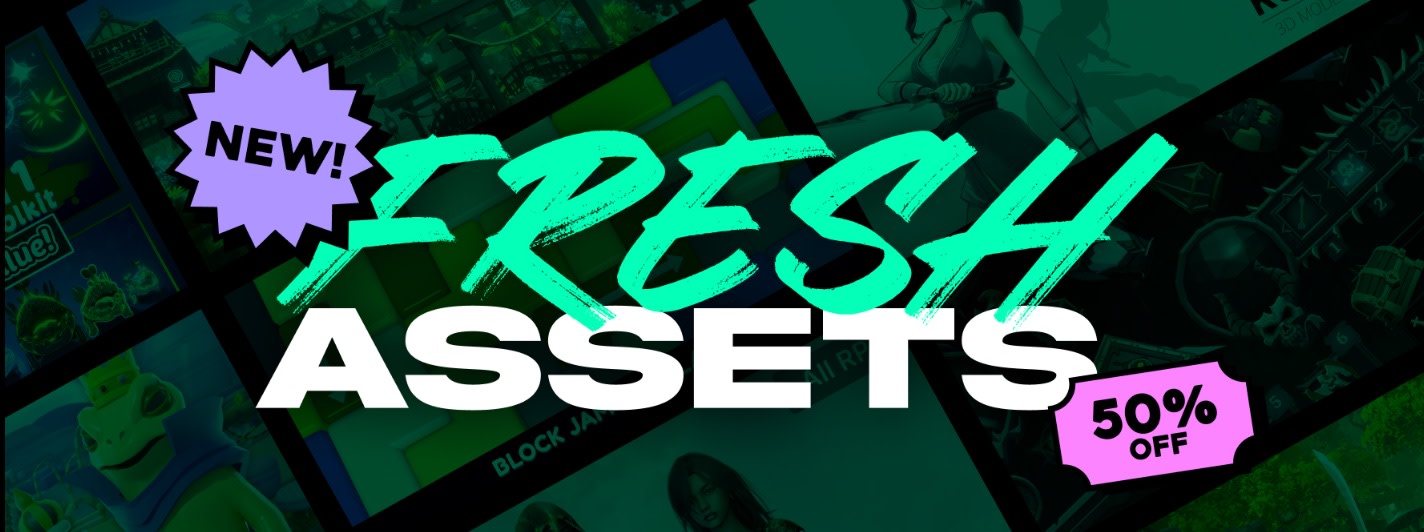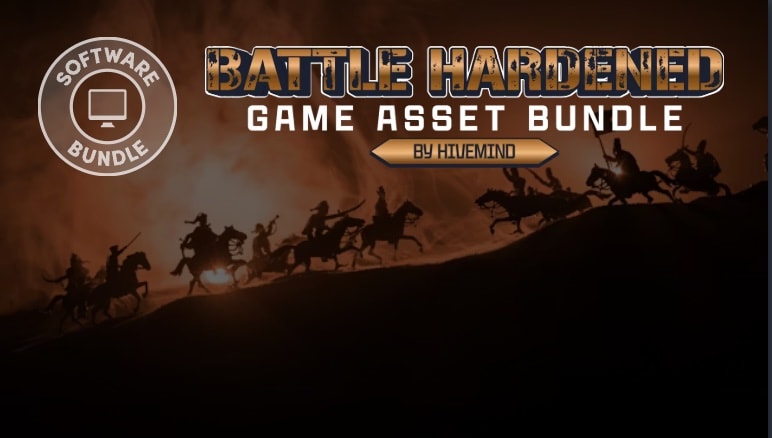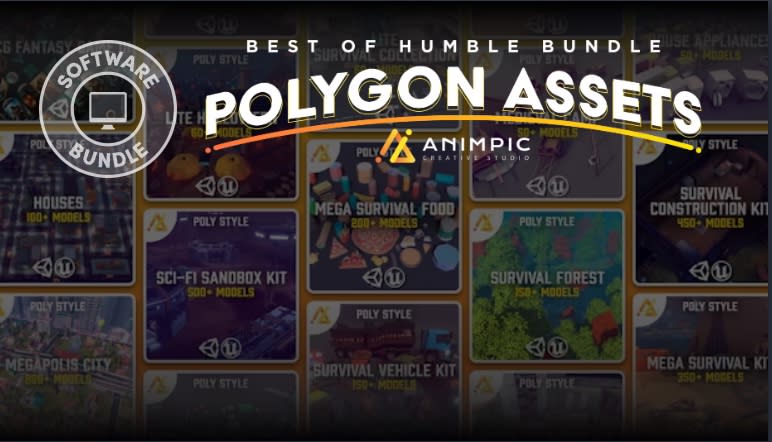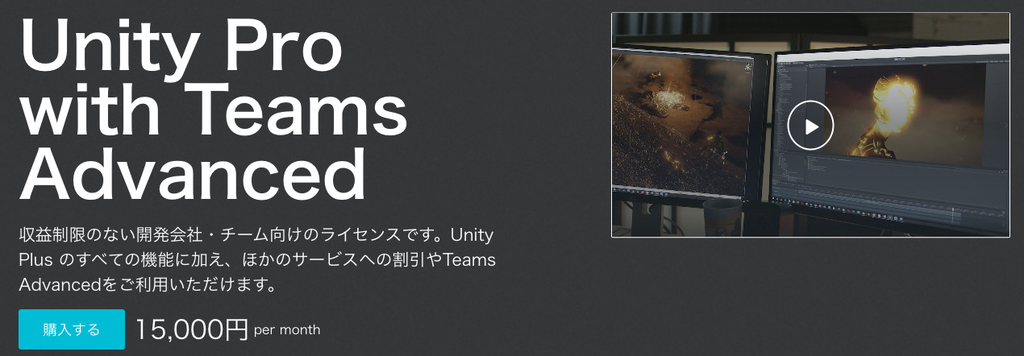
Border | Screen Bound System/ Camera Bounds Framework
Golem Kin Games
$7.99
(no ratings)
Jump AssetStore
Border keeps 2D/3D objects within screen edges. Features edge detection, bouncing, screen wrapping, and proximity-based Unity Events. Ideal for managing boundaries in games and UI projects.A versatile and highly customizable Unity component designed to manage object interactions with screen edges in both 2D and 3D environments. Whether you're working on fast-paced games, physics-based simulations, or complex UI applications, Border Constrainable provides an intuitive and robust solution for keeping objects on screen while offering customizable edge behavior.Key Features:2D and 3D Object Support: Automatically detects whether your object is 2D or 3D based on Rigidbody components, or you can manually set the dimension mode to TwoD or ThreeD.Edge Constraining: Prevent objects from leaving the screen boundaries with configurable constraints for each edge (top, bottom, left, right). This is ideal for games where you want to ensure objects remain visible and controllable.Bouncing at Edges: Enable bouncing behavior, allowing objects to reflect off the screen edges with customizable bounce damping, perfect for dynamic or arcade-style games.Screen Wrapping: Seamlessly wrap objects to the opposite side of the screen when they move off the edge, ideal for endless runner games or games with continuous motion.Proximity Detection and Unity Events: Trigger Unity Events when objects approach the edges or touch them. Perfect for triggering visual warnings, audio cues, or game mechanics when the player is near the edge of the screen.Visual Feedback: Attach UI prefabs that provide on-screen warnings when objects near the edges, giving users real-time visual cues.Custom Edge Behavior: Utilize the Custom Edge Behavior option to design your own interactions, whether it’s disabling controls, triggering animations, or adjusting object properties at the edge.Use Case:Imagine you're developing a fast-paced space shooter game. The player’s ship needs to stay within the visible screen area while enemies and projectiles can bounce off the edges or wrap around the screen to create a dynamic battlefield.Player Object Management: Using Border Constrainable, you can ensure that the player's ship stays within the screen without disappearing, but still allow other elements like enemy ships or projectiles to bounce or wrap.Edge-Based Warnings: By setting up Unity Events and attaching UI warnings, you can alert players when they are dangerously close to the edge, enhancing the gameplay experience with subtle visual feedback.Custom Edge Behavior: For power-ups, you might want them to wrap around the screen so they continuously circulate, while obstacles bounce back to maintain an unpredictable challenge.Border Constrainable provides all the tools you need to easily manage these complex edge interactions, whether you're building action-packed games, puzzle games, or UI-intensive applications. Its flexible design makes it an essential asset for any developer looking to keep their objects within view and under control."Key Features:2D and 3D Object Support: Automatically detects whether your object is 2D or 3D based on Rigidbody components, or you can manually set the dimension mode to TwoD or ThreeD.Edge Constraining: Prevent objects from leaving the screen boundaries with configurable constraints for each edge (top, bottom, left, right). This is ideal for games where you want to ensure objects remain visible and controllable.Bouncing at Edges: Enable bouncing behavior, allowing objects to reflect off the screen edges with customizable bounce damping, perfect for dynamic or arcade-style games.Screen Wrapping: Seamlessly wrap objects to the opposite side of the screen when they move off the edge, ideal for endless runner games or games with continuous motion.Proximity Detection and Unity Events: Trigger Unity Events when objects approach the edges or touch them. Perfect for triggering visual warnings, audio cues, or game mechanics when the player is near the edge of the screen.Visual Feedback: Attach UI prefabs that provide on-screen warnings when objects near the edges, giving users real-time visual cues.Custom Edge Behavior: Utilize the Custom Edge Behavior option to design your own interactions, whether it’s disabling controls, triggering animations, or adjusting object properties at the edge.documentation is generated using Grok after developer has written it just to ensure english is A1 and that is contextual and makes sense as well as other copy







